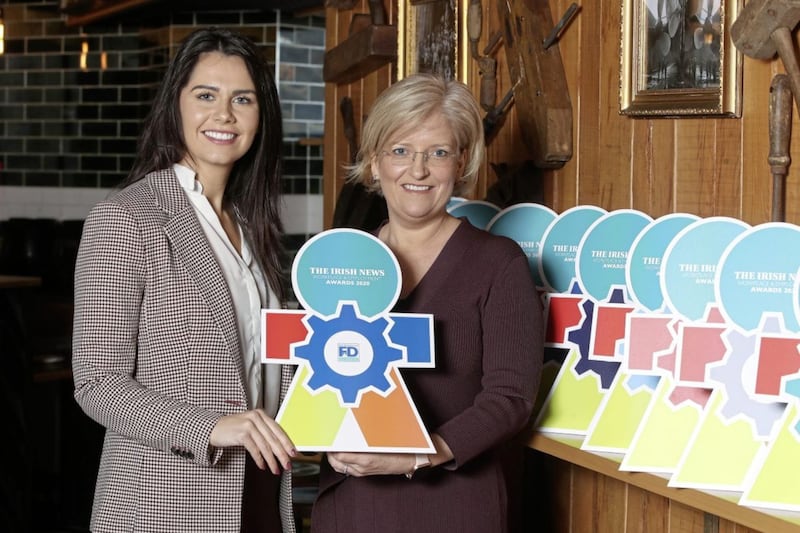FLEXIBLE office space providers Glandore has revealed a huge spike in interest from both Irish and multinational companies seeking to reduce the size of their office units as increased employer flexibility and remote working looks set to be a huge part of businesses transition to the new normal.
Glandore is Ireland’s longest-serving and leading provider of flexible serviced offices and co working spaces.
With offices in Belfast, Cork and Dublin, the family-owned business has a total of more than 3,500 desks between nine office locations, and it works with some of Ireland’s largest and most successful organisations including Facebook, Twitter, State Street, Asana, Reddit, Newsweek, Evolv London and Imperva.
Studies and surveys in recent months have suggested that the overall productivity and output of employees has improved across the board, which has led to companies reconsidering the amount of capital being put into rent on an annual basis for larger properties with their brand name on the front door.
Remote working works. But companies also need to be able to create a culture for employees to buy in to, the importance of the office environment cannot be overlooked.
So how do they do that without eating into their profits due to high rents? Go serviced!
The terms on licence agreements for serviced offices are much shorter than those of traditional leases, which frees up capital for companies to invest in their products and employees.
As one of the larger serviced office providers in Ireland, Glandore understands the importance of office culture but also the importance of flexibility, something businesses and their employees now want and need more than ever.
Businesses that may have been traditionally inflexible have had to adapt quickly due to the Covid-19 pandemic, and their ‘new-normal’ is now to be flexible and provide their employees with the support to do so.
Downsizing office space does not mean downsizing your company. In fact, it's quite the opposite. It will allow some to expand that bit quicker. Serviced office spaces can be set up in a way that allows a company to have a base, a headquarters, a home, and create a culture that those that are working remotely can tap in to, but can also be apart from where necessary.
To give employees the option is the key - have enough space so that those that want a desk in an office can have it, but for those not needing it, the company can instead invest a small amount to help that staff member get set up at home.
The future of work is flexible. Companies will have to accommodate for the lack of childcare, the risk of a commute on public transport, possibly another pandemic and even another economic crash.
The safety of serviced offices is that companies can sign up for six, 12, 18 months, or more, and at the end of said terms they can extend, renegotiate, scale up or scale down based on the needs of their business and the ever-changing economic landscape.
Our own experience as a serviced office provider over 20 years has taught us that company culture is key, both for our own staff but more importantly for the companies that we house.
Employees and people need to feel a part of something, especially in the workplace, so it's important that positive and motivating culture is ever present.
There is a significant amount of office space being made available on the ‘grey market’, where business owners and tenants are deciding to try exit some or all of their current accommodation, following a reassessment of their business needs in light of the pandemic and the current economic climate.
With remote working having proven effective for most businesses in Ireland, many will stay ‘remote first’, but will have a need for smaller spaces which their employees can use on a first- come-first-served or pre-book basis.
It is now more important than ever to focus on the actual services provided as well as the bricks and mortar to ensure all businesses and their employees are coming into the same workplace but a very different workspace.








